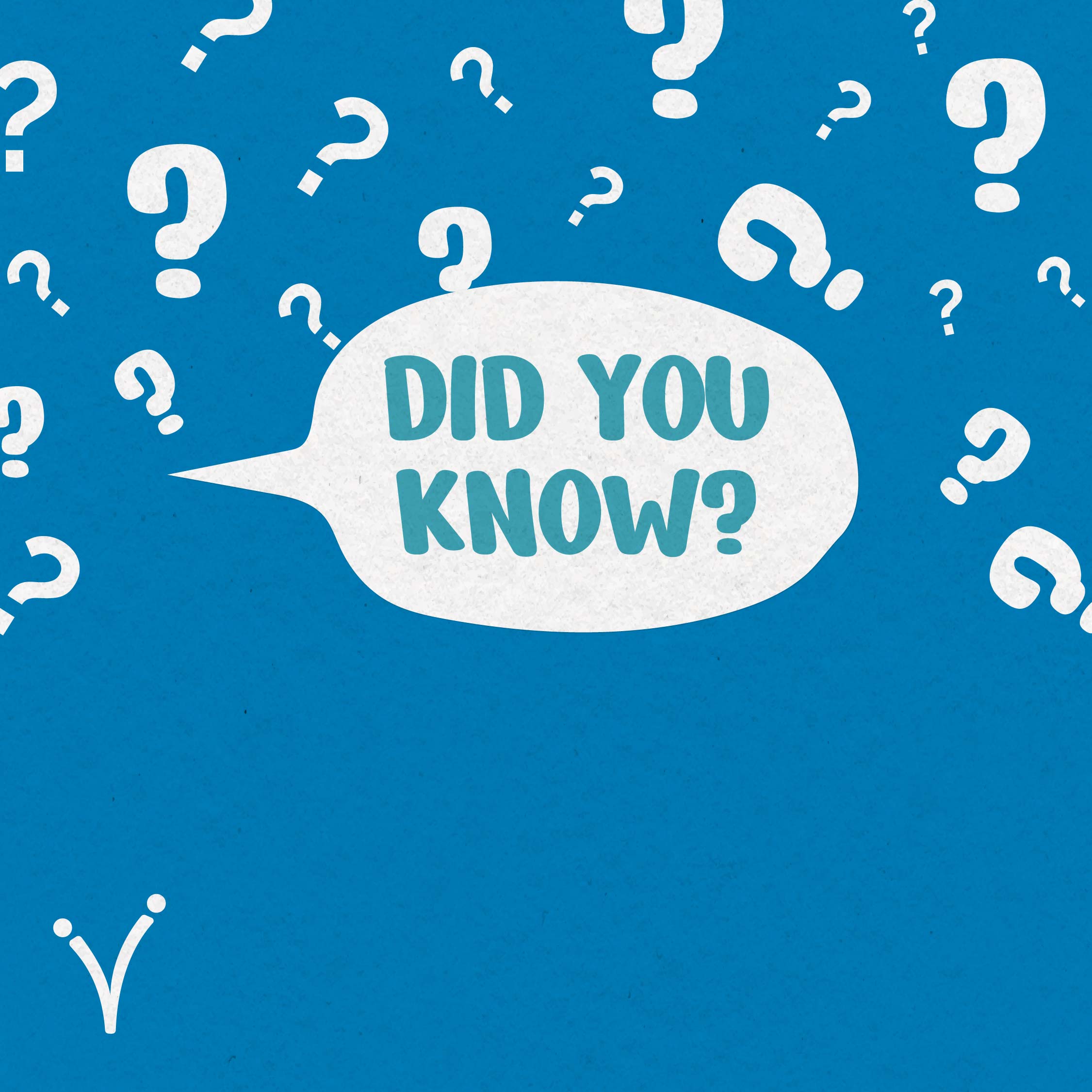Integrity Insights: The Value of Volunteering
Since 2011, UN Volunteers have issued a regular State of the World’s Volunteerism Report. This flagship United Nations publication strengthens understanding of volunteerism and shows its universality, scope and reach in the twenty-first century. The 2022 edition presents new evidence on the role of volunteerism in shaping and advancing development. As we pondered the global impact of volunteers on development, Integrity Operations Manager, Laurie Lopez, has talked with Integrity staff to find out what they get up to in their “free time”.
At Integrity, we value the importance of communities and strive to bring diverse perspectives to our work. We also have experience of building volunteers capacities to ensure their safety and that ethical standards are observed. In early 2021, we created a training module on intercultural and sensitive communication as part of the pre-departure training delivered by ADICE, a French association implementing an international volunteering project funded under the EU Aid Volunteers initiatives. ADICE selected Integrity because of our extensive experience operating in sensitive environments and our risk management expertise. Our training aimed to provide ADICE with an integrated understanding of communications related risks during humanitarian deployments, including ethics, safety and security, safeguarding and reputational concerns.
Global Surge
Meanwhile, the COVID-19 pandemic has seen a global surge in the number of people who have given their time voluntarily. Hundreds and thousands of people have joined together to rebuild and assist those in need and this includes many of the global Integrity staff who give their support to a range of causes. Some dedicate one day a month to volunteering, others dedicate one day a week. I was curious to know where my colleagues have volunteered during the pandemic in the past couple of years and when I asked them, I discovered that they have volunteered in various places: including schools and universities, in multiple associations, in a community centre, a food bank, and a community kitchen, in sports clubs, an urban youth farm, a Village Hall and at the Parish Council, just to name a few.
Their activities have included supporting disadvantaged children and youth, refugees, asylum seekers, older people and other vulnerable communities. They have distributed aid, fought against food waste, provided translation services and mentoring, and helped associations with communication and administration, and some staff have joined community organisations as board members. Meanwhile, other team members have participated in direct COVID-19 activities in their neighbourhoods, from shopping for vulnerable neighbours to helping in vaccination centres and even running a temporary morgue.
Why Volunteering Matters
Some colleagues were driven by a sense of community and the desire to give back. For others, volunteering was a way to connect with like-minded people, learn about social issues and make friends. Many described their volunteering activities as rewarding, heartening, and contributing to a sense of work-life balance.
Personally, I provide one-to-one emotional and practical support to refugees as part of a mentoring project. Volunteering is a source of inspiration and motivation for me. It helps me understand vulnerable communities’ struggles and often makes me wonder at people’s resilience. The fact that so many of Integrity’s staff not only work hard to deliver their work but also find time to support others is perhaps unsurprising. At the heart of Integrity are our core values, to ensure that not only clients receive the best services but also that we benefit the individuals and communities amongst whom we all work. We are an organisation that is committed to improving lives, and it is this reason that makes me feel proud to be a part of the Integrity team.
